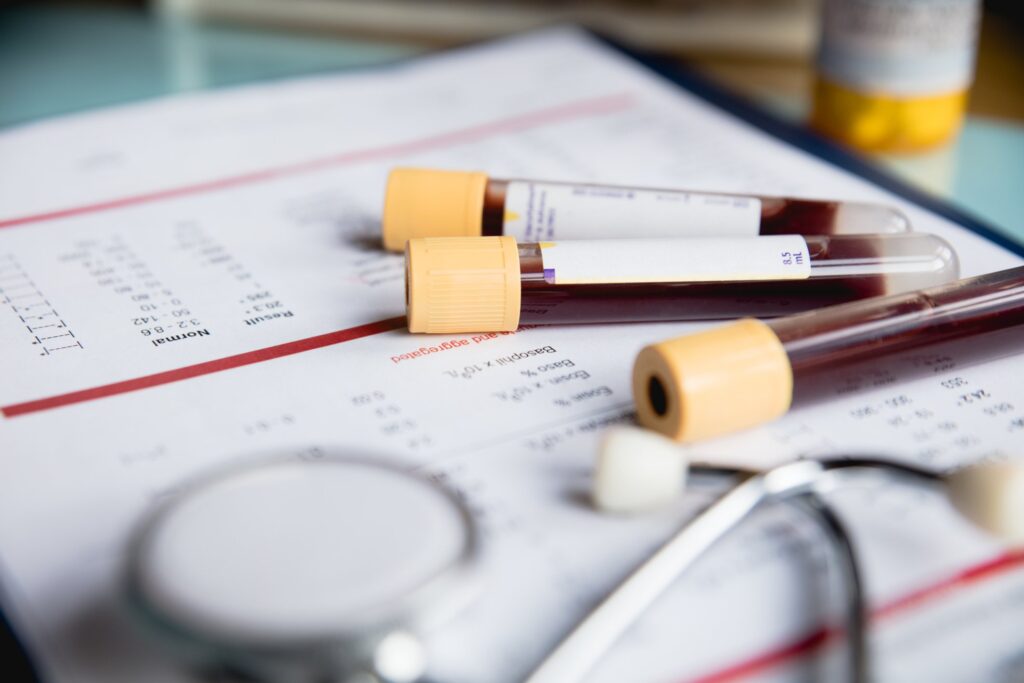Grail is on a mission to have its cancer blood test become a core part of U.S. screening for a range of tumors. Now, it’s detailing its latest data as it heads to the FDA.
Back in June, Grail revealed a top-line peek at data from the so-called Pathfinder 2 study of its cancer blood test Galleri. This trial combined its test alongside recommended oncology screenings for breast, cervical, colorectal and lung cancers and found it helped boost detection of multiple cancers, with many being found at early stages.
Now, the company is unveiling the eagerly awaited detailed data at the European Society for Medical Oncology (ESMO) 2025 in Berlin. Overall, the DNA test found a cancer signal in 216 participants from more than 23,000 people over the age of 50, with cancer eventually being diagnosed in 133 participants.
This means “the likelihood of receiving a cancer diagnosis following a positive test result was 61.6%,” Grail said in a statement. The patients had no clinical suspicion of cancer at the time of the test.
This, it added, was “substantially higher” than the result in the previous Pathfinder study of Galleri, first presented back in 2022. That study followed 6,600 patients aged 50 or over for a year, with the positive results hitting 43%.
There have been tweaks to the test, but, also, having a larger study group may have also boosted results.
In Pathfinder 2, Galleri was also able to seek out and find about three times as many cancers when added to those standard-of-care screenings. A little more than half (53.5%) of the new cancers were found early, stage 1 or 2, and more than two-thirds (69.3%) were found at stages 1 through 3, where treatment could still prove curative.
Related
For all cancers, episode sensitivity was 40.4%, while specificity was 99.6%, translating to a false positive rate of just 0.4%, according to Grail.
“Galleri’s ability to accurately predict where in the body the cancer signal comes from also helps to guide a more efficient diagnostic workup,” Josh Ofman, M.D., president at Grail, said in a release.
“These results are extremely compelling as approximately three-quarters of the Galleri-detected cancers do not have recommended screening tests today.”
Armed with these updated data, Grail will be sending the results off to the FDA as part of the Galleri premarket approval (PMA) application, alongside anticipated data from a large U.K. study using its National Health Service (NHS).
That study spans more than 140,000 volunteers and aims to reduce the number of late-stage cancer diagnoses by hopefully catching them earlier. Results from the NHS-Galleri trial are expected in 2026.
Both data sets will be sent with Grail expecting to complete the PMA for Galleri, which is under a breakthrough device designation, in the first half of next year, with a potential approval in 2027.
The test is already commercially available in the U.S., but an FDA approval would allow the potential for insurance coverage and broader use.



